The Public Prosecutor's Office (MP) admitted this Tuesday, during the instructional debate of the separate process of Operation Marquês, the prescription of the forgery crimes attributed to former Prime Minister José Sócrates and businessman Carlos Santos Silva.
The two defendants, who were not present at the Central Criminal Investigation Court in Lisbon, had been indicted in the instructional decision of April 9, 2021, for three forgery crimes and three others for money laundering. In March 2024, the Lisbon Court of Appeal ordered the reformulation of the instructional decision. Judge Sofia Marinho Pires scheduled the announcement of the decision for next day 11, at 4:00 PM.
Prosecutor Rosário Teixeira countered several nullities and arguments initially invoked by José Sócrates' defense, led by lawyer Pedro Delille, and, while acknowledging that the forgery crimes have prescribed, reiterated the thesis of alleged corruption by the former government official and supposed concealment by his friend Carlos Santos Silva.
"[The Public Prosecutor's Office] understands that regarding these facts, although they should be considered indicated, the criminal procedure is extinguished by prescription," stated the MP magistrate, immediately dismissing this prescription scenario in relation to the money laundering crimes, which mainly refer to the use of bank accounts by RMF Consulting, Inês do Rosário, and João Perna.
Rosário Teixeira argued that this "modus operandi" had previously occurred through José Sócrates' cousin, José Paulo Pinto de Sousa, who would receive money intended for the former Prime Minister. "For the MP, it is very evident that Carlos Santos Silva never acted exclusively in his own interest. He acted to protect the defendant José Sócrates and acted on the passive side of corruption to protect José Sócrates," he continued.
The MP magistrate pointed out an error in the instructional decision to classify these acts as crimes of undue receipt of advantage. "It is clear that we are not in this process facing an undue receipt of advantage, what we are facing is acts of corruption, in which the advantage was received by a person before the corrupted person. That is why they are money laundering crimes. They passed through Carlos Santos Silva to the final beneficiary, the defendant José Sócrates. All payment of these undue advantages was during the time he held public office," he added.
MP Advocates for Indictment of Sócrates and Santos Silva for Money Laundering
As Observador has reported several times, the instructional decision of Judge Ivo Rosa dated April 2021 divided the Operation Marquês files into two blocks:
Block A — which resulted in the indictment in separate processes of José Sócrates and Carlos Santos Silva, in addition to Ricardo Salgado, Armando Vara, and the driver João Perna.
Block B — which was based on the non-indictment for the vast majority of crimes of the remaining defendants.
Block B, on which the Lisbon Court of Appeal's ruling of January 2024 recovered most of the accusation and indicted for trial 22 defendants for 118 economic-financial crimes, concerns the trial whose start is scheduled for July 3 at the Central Criminal Court of Lisbon.
In turn, Block A is what is being subjected to instructional debate this Tuesday, after the Lisbon Court of Appeal annulled in March 2024 the indictment decided by Judge Ivo Rosa due to a substantial change in the facts, imposing the reformulation of the instructional decision. In April 2021, the instructional decision had indicted Sócrates and Santos Silva for three crimes of document forgery and three others of money laundering. A decision that is now in the hands of Judge Sofia Marinho Pires.
In concluding the allegations at the TCIC, Rosário Teixeira was emphatic in defending the facts related to the money laundering crimes attributed to Sócrates and Santos Silva, related to the alleged fictitious rental of the Paris apartment, the hiring for service provision of the company RMF Consulting, and the hiring of Domingos Farinho for the preparation of Sócrates' book titled "A Confiança no Mundo".
"We are facing money laundering crimes with assets that are in the sphere of Carlos Santos Silva, but tainted with illegality. It is the maneuvers of making them available to José Sócrates that are at stake. By indicting these three money laundering crimes, justice will be done," summarized the MP magistrate.
The prosecutor recovered the narrative of numerous facts of the accusation, including the facts about the forgery crimes that he acknowledged to be prescribed, and recalled that the same "find evidence among all the email exchanges between Gonçalo Ferreira and the lawyer in Paris for the preparation of the contract and its convenience to explain the use by the defendant José Sócrates of the Paris house", in addition to citing the contracts of the company RMF Consulting.
Rosário Teixeira, one of the authors of the accusation made by the MP in October 2017, also highlighted the evidence of alleged illicit conduct by the defendants through "the entire circuit of funds", from the entry into bank accounts based in Switzerland and the passage to accounts in Portugal, with the aim of making the funds available to José Sócrates.
José Sócrates' Defense Argues That the Entire Process Has Prescribed
Lawyer Pedro Delille was the first to speak in the instructional debate. For more than 20 minutes, despite having considered at the outset that "this debate is impossible to do without all the people and without the process", he invoked a series of nullities that would not only invalidate the diligence but the entire process, and considered the facts attributed by the MP "insults".
According to the former Prime Minister's attorney, the following nullities hang over this 'mini-process' of Operation Marquês (filed with the procedural number 16017/21.9T8LSB, while the original process has the numbering 122/13.8TELSB):
- Lack of resolution of the conflict of jurisdiction of the courts to hear the case;
- Nullity due to alleged violation of the principle of publicity, claiming that the process is not fully available on the Citius IT platform;
- He also defended being in time to claim an appeal that was not admitted;
- Notifications made are null, as he defends that even the Identity and Residence Term of his client is extinct;
Parallelly, Pedro Delille argued that "the ruling of January 25, 2024, changed the accusation" and that this thesis was not subject to a request for opening instruction. "It doesn't matter if it's valid or invalid. What matters is that the accusation before which instruction was requested is another, instruction was not requested on this new accusation," he observed.
The lawyer continued in the criticisms of the MP's thesis and also noted that the criminal framework and the prescription period of the money laundering crime was changed with the correction of the writing lapse regarding the crime of corruption of a political office holder being for an illicit act and not a licit one. Therefore, he invoked that all crimes — not only those of forgery, but also those of money laundering — have prescribed.
"This process cannot continue without first being annexed to '122'. That '122' comes down here to the Central Criminal Investigation Court, which is where it should be... I asked on April 29, 2024, right after the March ruling, and since then the courts have been preventing that from happening. If this had happened a year and two months ago, the process would already be resolved. One way or another," he emphasized.
Recalling the more than 6000 pages of the MP's accusation, Pedro Delille reiterated that the indictment was extinguished and that the MP violated "line by line all the directives of the defendant's presumption of innocence", describing the state of the files as "absolutely illegitimate and regrettable".
"This process is all in the instruction, and if they don't make more dilatory maneuvers to be able to blame engineer José Sócrates and his defense for maneuvers... It's simply fighting for their most elementary rights," he said, continuing: "We are not here to build stories, we are here to do justice and to analyze whether José Sócrates and Carlos Santos Silva can be brought to trial. The first conclusion is the one Dr. Ivo Rosa drew: the idea that José Sócrates was corrupted is fantasy".
Finally, the former Prime Minister's lawyer also criticized Rosário Teixeira for having labeled the money laundering crimes as "autonomous" and recalled that the "crime of money laundering does not live without a preceding crime", be it corruption or tax fraud. "It is not possible for this process to go forward. It is prescribed, totally," he concluded.
Santos Silva's Defense Questions Which Preceding Crime of Money Laundering
Carlos Santos Silva's lawyer emphasized the changes in the process between the accusation, the instruction, and the appeals to question which the preceding crime of money laundering is. "Now we have to ask what is the preceding crime of these money laundering crimes? The prosecutor brought his view, but this is not in the Lisbon Court of Appeal's ruling nor in the appeals," she noted.
For Paula Lourenço, the circumstance of understanding that there is no preceding crime translates into an "inept accusation" and without a "synthetic narration" of the facts attributed to the businessman and friend of José Sócrates, who had been indicted in April 2021 for three forgery crimes — now declared as prescribed — and three money laundering crimes.
"The conclusion is that the instructional judge's view was declared null because there was a substantial change in the facts, but then there is no preceding crime. Nothing in 16017 can go to trial, because there is no basis on the money laundering crimes," she reiterated, also criticizing the MP's counting of the money laundering crimes.
"Carlos Santos Silva's defense asks that the prescription be declared," she concluded.
Delille Says "Process Ended" and Does Not Believe in the Start of the Trial
Upon leaving the Central Criminal Investigation Court, Pedro Delille defended that "this process ended", alleging that "it has been extinct since March 21 of last year" and refusing the existence of the separation of the files into two distinct processes.
"The other bigger process... I consider that there is only one process, you don't know two processes nor understand what this process is. No one understands what this process is, except a package to prevent the Marquês process from all returning to instruction, as the Lisbon Court of Appeal's ruling of March 21 ordered," he said.
Although he emphasized that it is "evident" the different understandings of the MP and the defenses about the facts, Pedro Delille also criticized prosecutor Rosário Teixeira for having asked "the judge to build a story that did not differ from the story of the lady judges of the January 25 ruling".
Questioned also about the imminent start of the Marquês process trial — scheduled for July 3 at the Central Criminal Court of Lisbon, which results from the indictment of the Lisbon Court of Appeal's ruling of January 25, 2024, and which indicted 22 defendants for 118 crimes —, José Sócrates' lawyer refused that it is in conditions to start.
"It doesn't start, I don't believe it starts, it can't start. If I accepted that, I would be complicit in an absurd violation of the presumption of innocence," he said, continuing: "There will be no scheduling, I hope they will unschedule".
(Article updated at 1:45 PM with statements by Pedro Delille upon leaving the court)



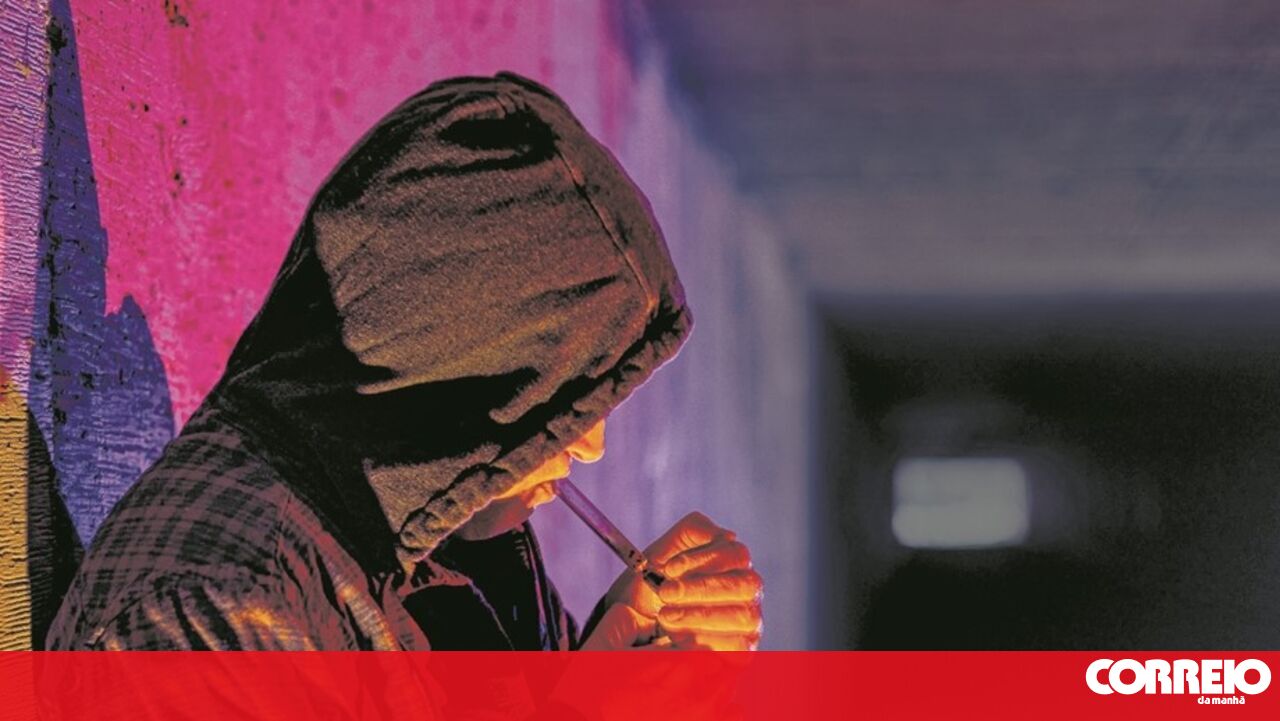
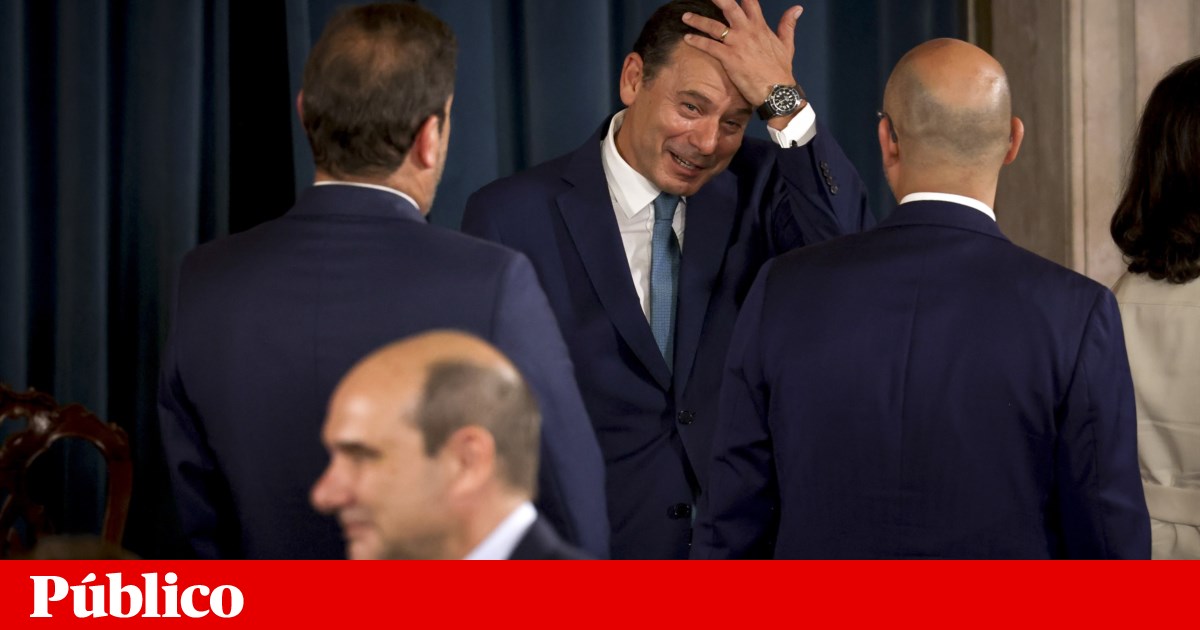


)
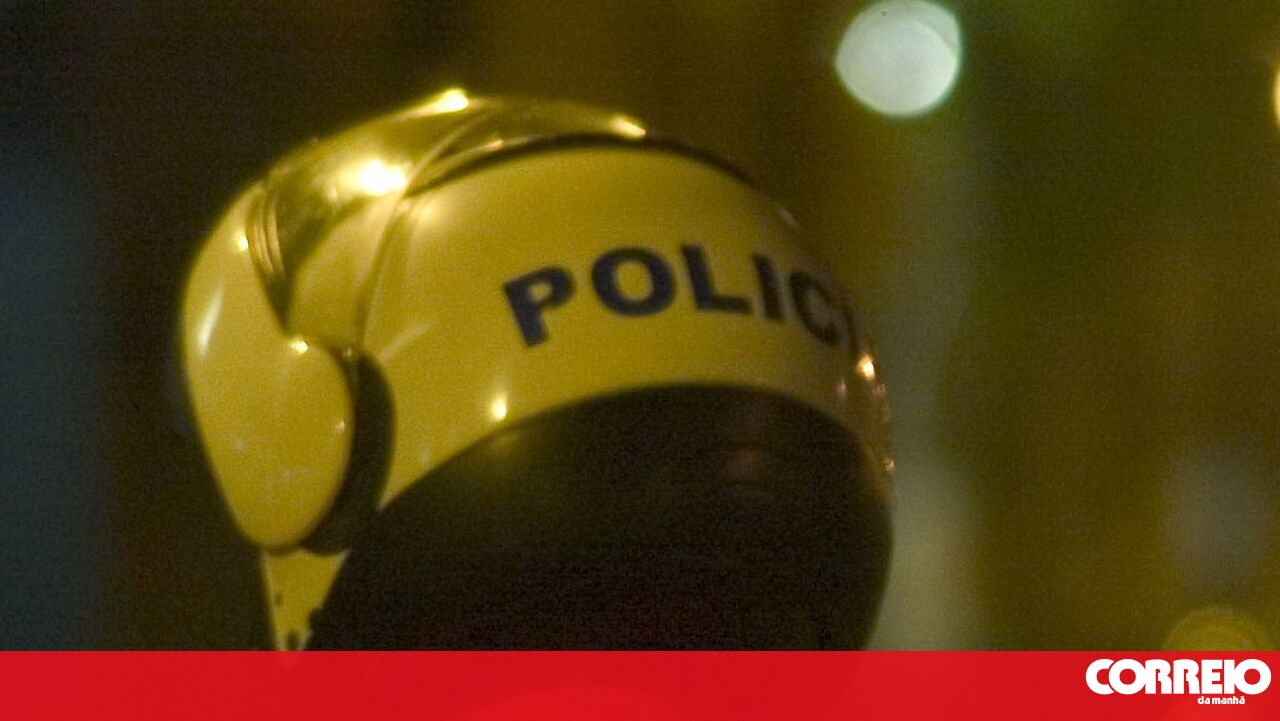

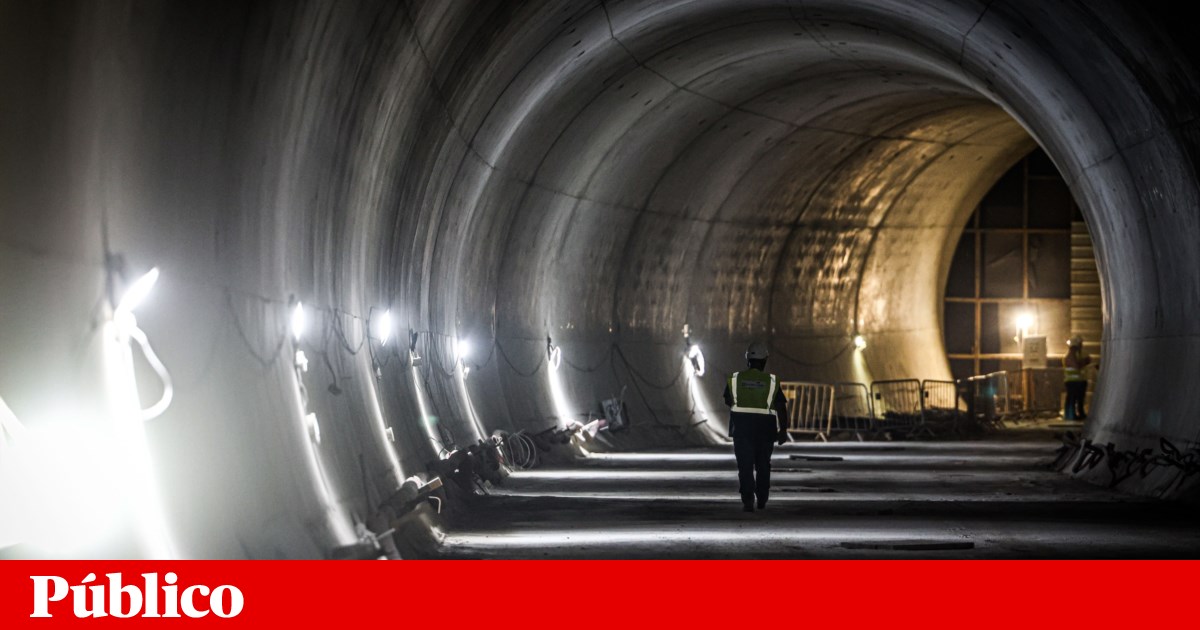
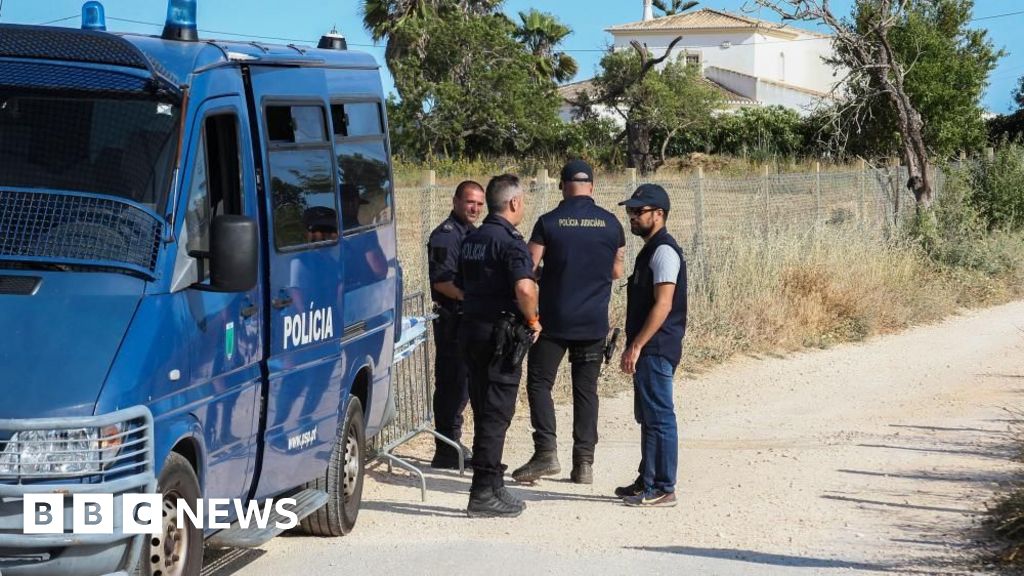



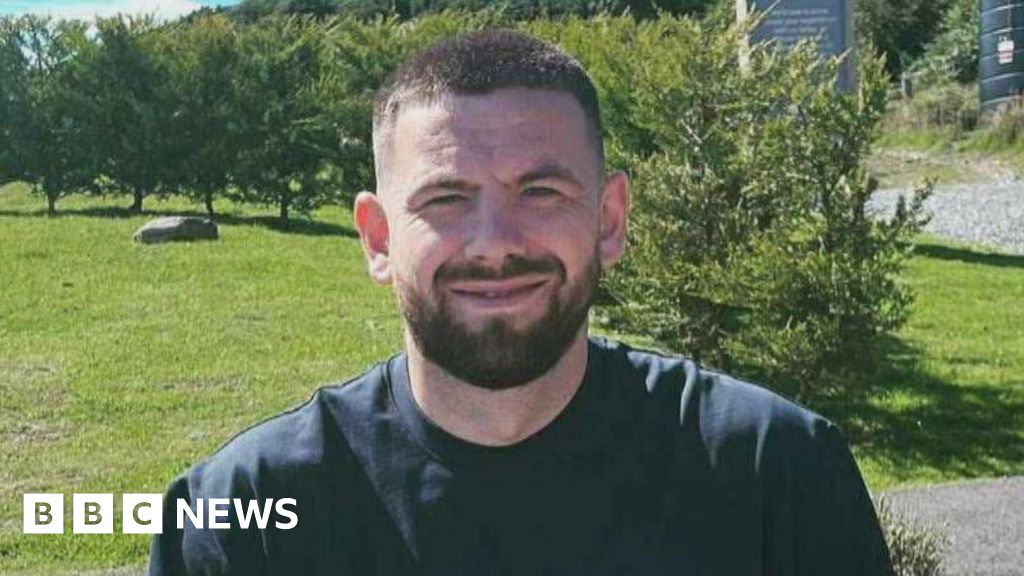
Comments
Join Our Community
Sign up to share your thoughts, engage with others, and become part of our growing community.
No comments yet
Be the first to share your thoughts and start the conversation!